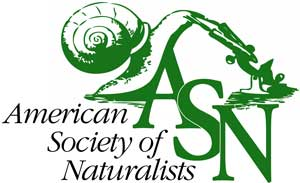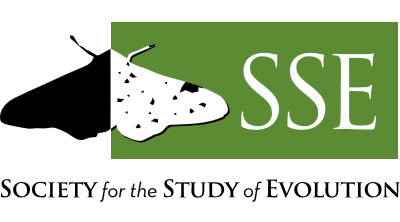non-credit workshop | Other 2022
Evolutionary Quantitative Genetics Workshop 2022
Dates of instruction: Monday, July 11 – Friday, July 15, 2022 (5 full days)
This workshop will take place online.
Max students: 30
Application deadline: May 15, 2022 at 5pm Pacific Time.
The Official Website can be found here.
The application can be found here.

The blog web pages for the workshop available through the following link: https://blogs.uw.edu/fhleqg/
This workshop has been given yearly since 2011, except for 2020. Since 2017 it has been given at the Friday Harbor Laboratories of the University of Washington, on San Juan Island.
Owing to the pandemic, the 2020 workshop was cancelled. The 2021 workshop took place online, as will the 2022 workshop.
The workshop will review the basics of theory in the field of evolutionary quantitative genetics and its connections to evolution observed at various time scales. One aim of the workshop is to build a bridge between the traditionally separate disciplines of quantitative genetics and comparative methods.
Quantitative genetic theory for inheritance and evolution of continuous traits in natural populations was developed considerably in the period from 1970 to 1990 and up to the present, and it has been applied to a wide range of phenomena including the evolution of differences between the sexes, sexual preferences, life history traits, plasticity of traits, as well as the evolution of body size and other morphological measurements. Phylogenetic approaches to comparative biology were developed in the 1980s and 1990s, including inferring how traits covary in evolution and how optimum values of traits vary between species. Textbooks have been slow to cover these developments, and currently few universities offer courses on these subjects aimed at evolutionary biologists.
Evolutionary biologists need to understand this field because of the ability to collect large amounts of data by computer, the development of statistical methods for changes of traits on evolutionary trees and for changes in a single species through time, and the realization that quantitative characters will not soon be fully explained by genomics. This workshop aims to fill this need by reviewing basic aspects of theory and illustrating how that theory can be tested with data, both from single species and from multiple-species phylogenies. Participants will use R, an open-source statistical programming language, to build and test evolutionary models.
(Please note that this is not a workshop on numerical, statistical, or computational methods for reconstructing phylogenies, nor does it cover molecular genomics).
The workshop involves lectures, discussions and in-class computer exercises. You can consult the 2021 workshop website for examples, using the links found at the 2021 schedule mentioned above. This year’s online workshop will have the same number of
lectures and computer lab sessions as the 2021 did, which fewer than the in-person workshops did.
The intended participants for this workshop are graduate students, postdoctoral fellows, and junior faculty members in evolutionary biology. The workshop can accommodate up to 30 participants.
The organizers of the workskop are Stevan Arnold of Oregon State University and
Joe Felsenstein of the University of Washington. In addition to them, lecturers will be:
* Patrick Carter, Evolutionary Physiology, Washington State University, Pullman
* Adam Jones, Biological Sciences, University of Idaho
* Michelle Lawing, Ecology and Conservation Biology, Texas A&M University
* Brian O’Meara, Ecology & Evolutionary Biology, Univ. of Tennessee, Knoxville
* Samantha Price, Biological Sciences, Clemson University
* Josef Uyeda, Biological Sciences, Virginia Tech, Blacksburg
The cost is $150 + tax. The fee compensates Friday Harbor Laboratories for the IT support and administration expenses
that they provide. Cost to be paid to Friday Harbor Laboratories after the participant’s application has been accepted. Details of payment by credit card or check will be provided once the applicant has been admitted to attend.
Here are links to previous years’ workshops, with pages for the individual lectures, including lecture projections, audio recordings, and files for computer exercises.
Sponsored by:


